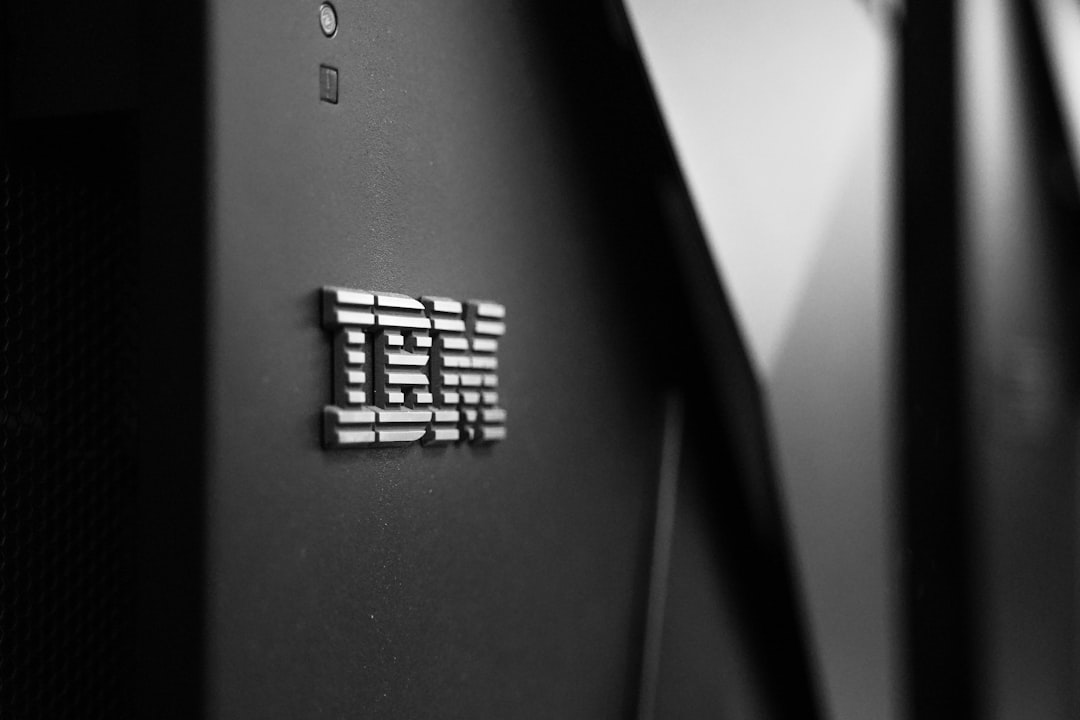Boosting Business Efficiency: How IBM's Latest Cloud Pak for Integration Optimizes Your Workflow
IBM Cloud Pak for Integration
My favorite part of this release
One of the most notable new features builds on the prior ‘automated deployment’ feature. This feature allows integration solutions to be defined and managed as a single deployable object. Not only does this make it easier to define an entire integration solution, with suggested default values being supplied for many of the options, but it is then easier to move forward through development, test and production cycles with all components managed together.
I got that from https://leifdavidsen.wordpress.com

Release 2023.2.1
As technology weaves itself more intrinsically into our daily lives, the demand for seamless integration grows. For businesses, this integration equates to efficiency, agility, and cost-effectiveness. However, achieving this level of integration can be a daunting task, especially with a lean team of professionals who are already tasked with keeping existing implementations running.
I've observed that the application market is continuously evolving, with a clear shift towards more integrated, cloud-based solutions. Companies across industries are increasingly valuing the ability to quickly and efficiently deploy applications, aligning them with business needs while ensuring scalability, flexibility, and security.
Two significant trends currently shaping the application market are the adoption of cloud-native architectures and the use of AI for automation and advanced analytics.
Cloud-native architectures, typically based on containerization and microservices, are enabling organizations to develop and deploy applications faster, at scale, and with greater resilience. IBM's Cloud Pak for Integration 2023.2.1 exemplifies this trend, offering a cloud-native, container-deployable solution that streamlines the management and deployment of integration solutions.
On the other hand, AI is being leveraged to automate routine tasks, improve decision-making, and enhance security. IBM's Noname Advanced API Security, for instance, utilizes AI for behavioral threat detection, signifying the integration of advanced analytics into security practices.
Furthermore, I am seeing a growing emphasis on event-driven architectures, which enable real-time responsiveness and complex event processing. IBM's Event Automation 1.0, with its focus on real-time business situation analysis, aligns well with this trend.
The market continues to place a premium on solutions that reduce complexity and improve efficiency, as evidenced by the growing demand for as-a-service models. IBM's API Connect as a Service Advanced, a new tier option offering full API lifecycle management, is an apt response to this market need.
Overall, IBM's Cloud Pak for Integration 2023.2.1 and related offerings seem to be in tune with the current trends in the application market, addressing the need for cloud-native, AI-powered, event-driven, and efficient solutions.
Let’s dig into the release announce for v2023.2.1 of IBM's Cloud Pak for Integration
IBM has consistently invested in integration, with the aim of enabling businesses to create, deploy, and update integrations with less effort. The result is an integration solution that can address any customer need. With its latest release, Cloud Pak for Integration 2023.2.1, IBM is taking its cloud-native, container-deployable solution to a whole new level. This is not an old approach wrapped in a container, it has since day 1 of the Cloud Paks been a rewrite from the ground up. It is truly great.
Enhanced Monitoring with IBM Instana
The 2023.2.1 release also offers additional value through IBM Instana. Previously, customers could use IBM Instana to provide monitoring across integration components and provide tracing for MQ and App Connect deployments. Now, IBM Instana extends its tracing capabilities to Event Streams and API Connect deployments.
New Deployment Options and Resource Management
Another enhancement is the updated deployment options for Event Endpoint Management. Now, it can be deployed independently of API Connect deployments in OpenShift environments. This update makes it simpler for customers to utilize Kafka events by exposing them as APIs using the AsyncAPI standard. Additionally, IBM Integration product teams have collaborated with IBM Turbonomic to enhance Resource Management suggestions, tailoring them to match specific integration product requirements.
Exciting New Products and Updates
The latest announcement also introduces new products and updates to existing ones. These include IBM Event Automation and Noname Advanced API Security for IBM, a new API Connect as a Service Advanced tier option, and the latest IBM MQ 9.3.3 release.
Cloud Pak for Integration 2023.2.1 Enhancements
Automated deployment capabilities: Streamlined definition and management of integration solutions as single deployable objects.
Observability dashboards: Enhancements for better monitoring and tracing across integration components.
Event Endpoint Management flexibility: Independent deployment in OpenShift environments for ease of use with Kafka events and AsyncAPI standard.
Optimization options: Additional information and statistics to further optimize integration solutions.
IBM API Connect Cloud Service Updates
API Connect as a Service Advanced: A new tier option on AWS with full API lifecycle management, additional gateway isolation, and support for advanced data transformation policies (XSLT and GatewayScript). Available for purchase through AWS Marketplace or IBM sales representatives.
IBM Event Automation 1.0 Features
Enterprise-grade event distribution: Rooted in Apache Kafka and Flink for flexible, simple, and automated deployment.
Event discovery and management: Secure, authorized user access to existing events and event sources, promoting reuse across the enterprise.
Real-time business situation analysis: Enables both business and technical users to understand and react to events without writing SQL.
IBM MQ 9.3.3 Enhancements
Simplified administration: Increased visibility into MQ estates for MQ clients.
MQ Advanced client support: IBM-supported MQ sink and source connectors for IBM Event Streams or Apache Kafka (requires active Cloud Pak for Integration or MQ Advanced entitlement).
Operational resiliency: Improved Native high availability (Native HA) in Red Hat OpenShift and Kubernetes.
MQ Appliance updates: Secure Shell protocol (SSH) certificate authentication for an enhanced administration experience and improved security.
Noname Advanced API Security for IBM
Incase you missed it, IBM has a collaboration with
https://nonamesecurity.com
They deliver advanced security capabilities, that extends IBM DataPower and IBM API Connect solutions for advanced security throughout API lifecycle, including posture management, API discovery, and AI-powered behavioral threat detection.
Date for the release is, 16th of June 2023


